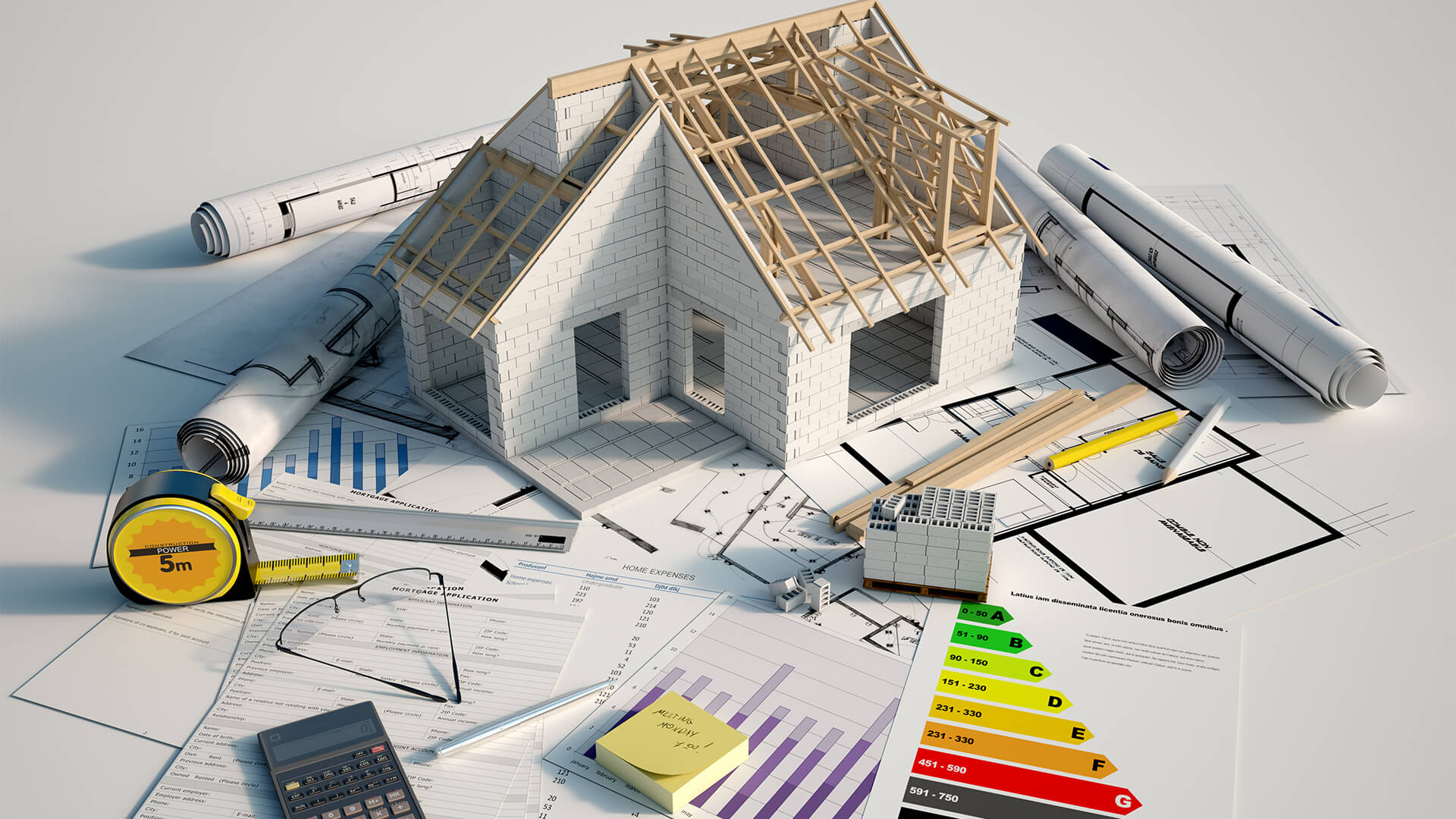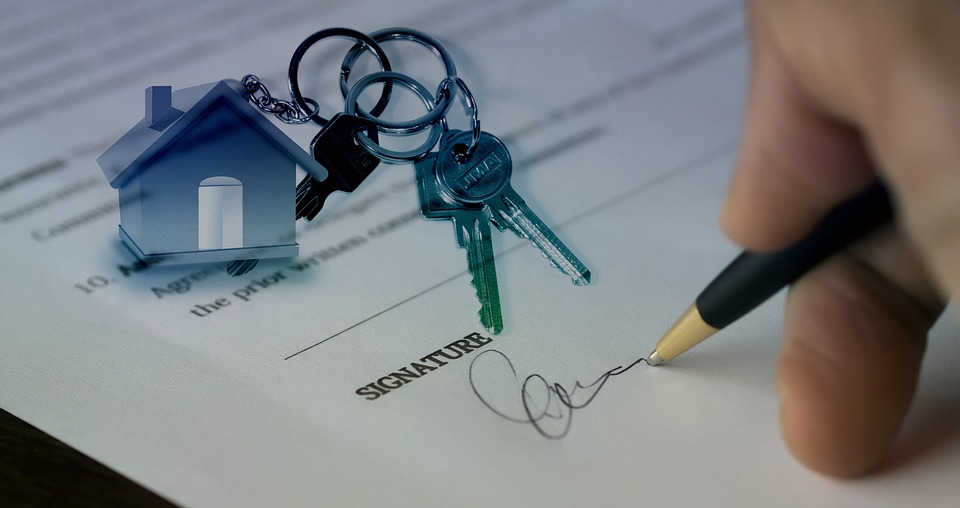What to Consider When Buying a Home
Buying a home is a significant decision that requires careful consideration and planning. Whether you are a first-time homebuyer or an experienced investor, there are several factors to keep in mind before making a purchase. This article aims to guide you through the essential aspects to consider when buying a home.
Location, Location, Location
The location of a property is crucial and can greatly impact its value, convenience, and potential for growth. Consider factors such as proximity to schools, workplaces, amenities, and transportation options. Research the neighborhood to ensure it aligns with your lifestyle and preferences.
Furthermore, evaluate the future development plans for the area. Are there any upcoming infrastructure projects that could increase the value of the property? Take into account the long-term prospects and potential for appreciation.
Property Type and Size
Another essential consideration is the type and size of the property you desire. Determine whether you prefer a single-family house, a townhouse, a condominium, or an apartment. Each has its advantages and disadvantages, so choose based on your needs and lifestyle.
Additionally, assess the size of the property. Consider the number of bedrooms and bathrooms required to accommodate your family comfortably. Evaluate the floor plan, storage space, and overall layout to ensure it meets your expectations.
Financial Planning and Budget
Purchasing a home is a significant financial investment. Before beginning your search, establish a realistic budget based on your financial situation. Take into account your income, existing debts, and potential future expenses.
Consider getting pre-approved for a mortgage to determine how much you can afford. This will help narrow down your search and make the process more efficient. Remember to factor in additional costs such as property taxes, insurance, maintenance, and potential renovations.
Property Condition and Inspection
When buying a home, it is crucial to assess its condition thoroughly. Hire a professional home inspector to evaluate the property’s structural integrity, electrical systems, plumbing, and overall safety. This will help identify any potential issues or hidden problems.
Consider the age of the property and the need for renovations or repairs. Determine whether you are willing to invest additional time and money into fixing and maintaining the property. Understanding the condition of the property will help you make an informed decision.
Legal and Documentation Requirements
Buying a home involves various legal and documentation processes. Ensure you understand the legal requirements, including contracts, agreements, and any applicable regulations. Consult with a real estate lawyer to guide you through the legal aspects and protect your interests.
Review all the necessary documentation, such as property titles, surveys, and insurance policies. This will provide you with a comprehensive understanding of the property’s history and any potential liabilities.
Frequently Asked Questions
-
Q: What are the common mistakes to avoid when buying a home?
A: Common mistakes to avoid include inadequate research on the neighborhood, failing to get a professional inspection, and not considering future needs or resale value.
-
Q: How long does the homebuying process usually take?
A: The homebuying process can vary, but it typically takes around 30 to 45 days from the time an offer is accepted to the closing date.
-
Q: Should I buy a new or pre-owned home?
A: The decision between a new or pre-owned home depends on personal preferences, budget, and location. New homes offer modern features and customization options, while pre-owned homes may have established neighborhoods and lower prices.
-
Q: How much should I budget for closing costs?
A: Closing costs typically range from 2% to 5% of the purchase price. It is essential to budget for these costs, which include fees for loan origination, title search, appraisal, and attorney services.
Buying a home is an exciting milestone in one’s life, but it requires careful consideration. By considering factors such as location, property type, budget, condition, and legal requirements, you can make an informed decision that aligns with your needs and goals.
For more information on what to consider when buying a home, check out this comprehensive guide that provides additional insights and tips.



